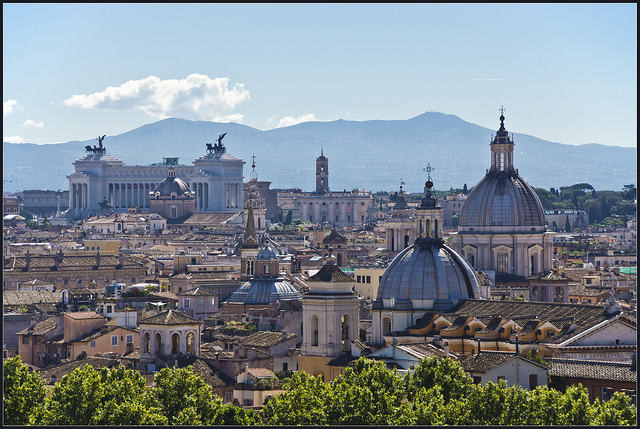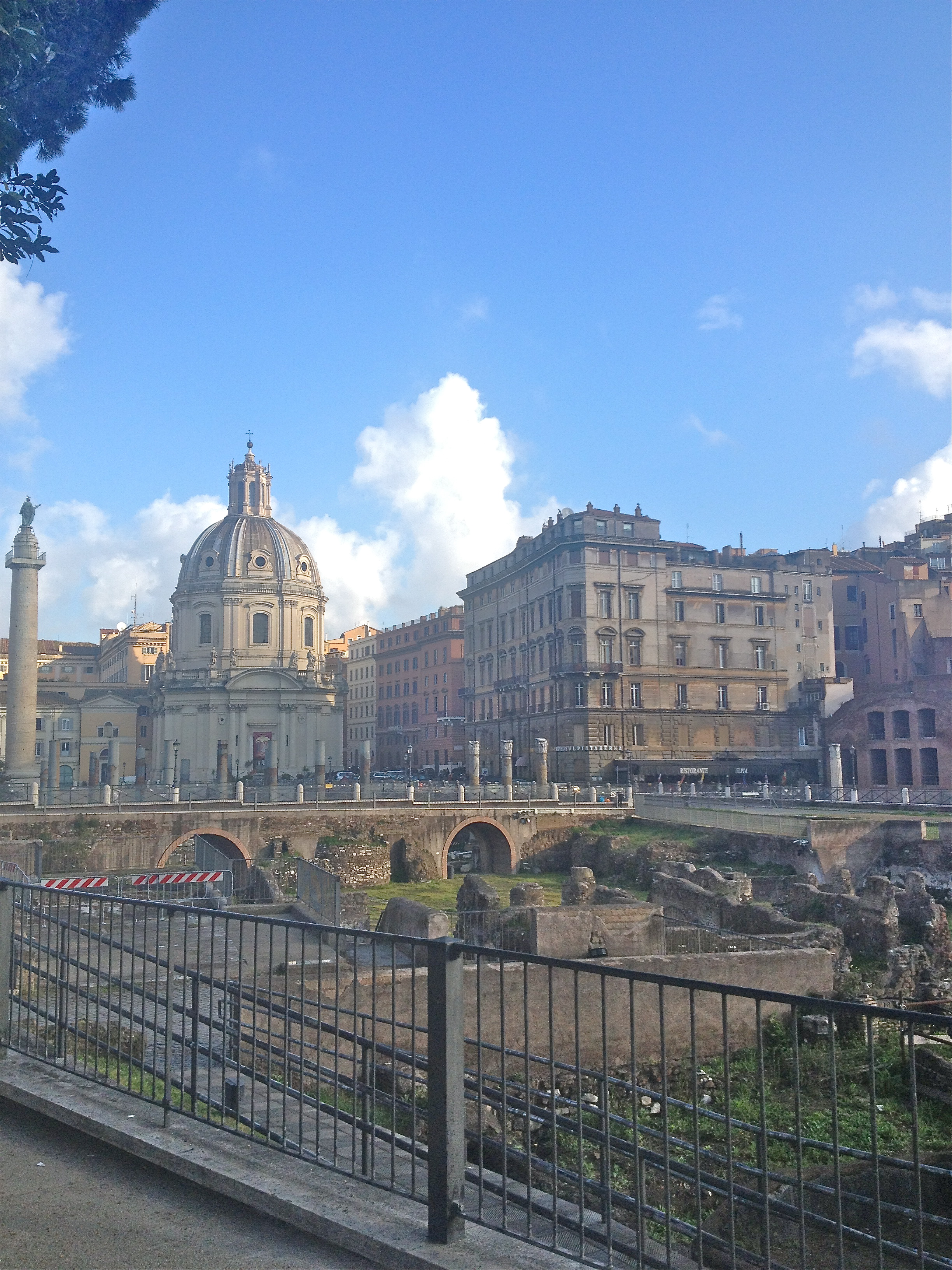I get asked all the time by eager expat hopefuls how to move to Italy. I had tons of support from so many people, and I never would have been able to expatriate myself alone, therefore I want to be as helpful as I can to anyone who wants to move to Italy (or abroad), so here’s my advice.
- Dual Citizenship: This was my gateway to expat life and I realize it’s not an option for everyone. I actually have Irish citizenship which is good for the whole EU, so it made the entire process much simpler as I didn’t need a visa to relocate. If you have any European heritage, look up the requirements to see if you’re eligible. Speaking of visas…
- Student Visa: If you have a student visa, you can work in Italy for 20 hours a week. It can be for either a master’s degree or you can enroll in 20 hours worth of Italian classes per week, the minimum requirement to qualify. How you spend the non-academic 20 hours can be a way for you to get your foot in the door with a company and apparently, it’s much easier to transition from part-time student worker to full time as there’s some law that lets you continue working at your place of employment after your student obligations. Therfore you’ll have a much easier time getting a permesso di soggiorno. If you’re American looking to take Italian classes, you would have to enroll up front for longer than three months as that’s the maximum amount of time one can stay out of the US without a visa.
- Freelance Visa: If you can get a company or someone who will pay you, say, one thousand euros a month to do some freelance work for one year, you can get a freelance visa for one year. Once you have that visa it’s easier to secure more work and if you get more work that extends past the one year (or the first person you worked with wants to carry on), you can extend that visa.
- Permesso di soggiorno: Thankfully, I never needed one of these since I was a citizen of the EU but this is a document/ID card issued by your local comune that gives you permission to stay here until it expires. If you have a job, you can renew it without a problem. These apparently aren’t easy to get.
- Marriage: Once you’re married, you can become a citizen of Italy after two years of marriage. However, there is a one year wait time when you call to make your citizenship appointment, so you will have to wait another year. Your best bet would be to call just after your one-year anniversary so you’re right on the money for two years.
I did not come here with a proper job, but I had few possibilities thanks to some networking I had done from home and on prior visits. A lot of people at home thought I was crazy coming here without a proper job lined up, but if I was waiting for that opportunity, there is a chance I would still be waiting to make the move. You might be wondering how to get a job? A few tips…
- I know it sounds cliche, but teaching English is always an option. I did it for a little bit after I arrived. Some people make careers out of it while others use it as a stepping stone to get elsewhere while still others just do so for the duration of their time in Italy.
- If you’re no spring chicken and you have a legitimate skill set, I’m going to share with you the best piece of advice I got before I came here. This is actually what put my plan into action: Don’t think about what Italy can do for you, but rather think about what YOU CAN DO for Italy.
- Google, Google, Google! Look for jobs in the city you want to live in and start doing as much networking as you can before you leave. Even take a trip to the city to explore any partially opened doors.
A few other items/vocab on the work front that might help you in figuring out how to move to Italy:
- Commercialista: Accountant; the lady or lad who figures out your earnings/taxes.
- Codice Fiscale: This is the Italian tax payer ID, the equivalent of a social security number. Anyone can get one. You can read about my experience here. It really wasn’t as scary as I thought it would be, so don’t be frightened!
- Lavoro Occasionale: This is freelance work of sorts, however, all of your earnings for Lavoro Occasionale cannot exceed 5,000 euros per year. That is not per client/business etc, but collectively. (I used to get so annoyed when people suggested this a viable option for me when I was struggling to open a Partita IVA.)
- Partita IVA: This is a freelancer’s ID number. I had met with so many commercialistas about opening one until finally someone to whom I forever grateful put me in touch with her husband’s. He opened it for me in two days, while others were nervous to open it because I didn’t have residency. You do not need a residency to open a Partita IVA. If you have issues with this, feel free to contact me and I’ll give you info for my commercialista. He works with a lot of Americans and is very familiar with the process.
- Lavoro a tempo pieno: full time work
- Determinato: This is for full-time work with a contract for a set amount of time. Usually a year.
- Indeterminato: This is for full-time work as a permanent employee with no end date.
- Residency: Becoming a permanent resident. Not as “easy” as it seems of course as you need a lot of paper work (work contract, apartment contract, etc.).
- Domicile: This is like residency but not exactly. If you’re staying with someone and this place isn’t quite your home, you can case that address as your domicile.
- If you’re a US citizen, you still have the option to continue paying social security instead of Inps (Italy’s social security) with your Partita IVA. More on that here, but in a nutshell, to be eligible for this, you must contact social security for an Inps exemption letter.
Lastly, I planned my move a bit in advance and when the moment felt right, I just up and left. So when you feel ready, just go and don’t look back. Don’t wait for the “right time”. There’s honestly no “right time” to do anything but now so just do it because if you’re waiting for the “right time”, you’ll be able to come up with a thousand reasons why now isn’t the right time.
Lastly, life in Italy isn’t always la dolce vita. It’s hard and some days, I wish I didn’t love living here so much, but I do. Part of expat survival is all about who you surround yourself with.
And in a nutshell, that is how to move to Italy.
Cover photo: “Rome Skyline” by Bert Kaufmann is licensed by CC BY-SA 2.0





